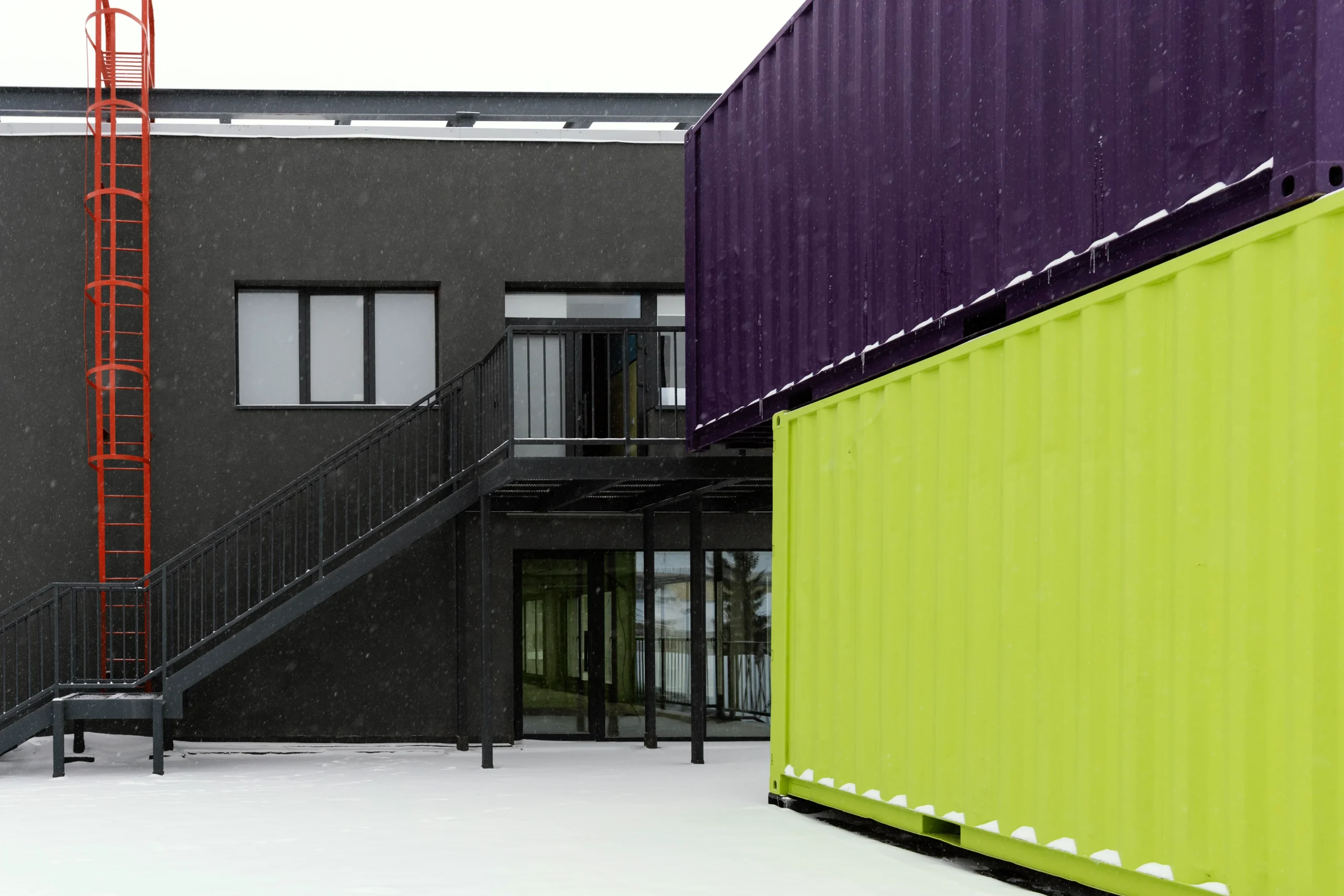Heli-Coil vs Threaded Inserts: A Technical Comparison
Core Functional Differences
While both provide durable threaded solutions, Heli-Coil and threaded inserts serve

keyworddistinct purposes:
- Heli-Coil: Best for thread repair/reinforcement in metal applications
- Threaded Inserts: Ideal for creating new threads in soft materials

Heli-Coil Insert Characteristics
Unique Design Features:
- Precision helical coil configuration
- Even load distribution across threads
- Mechanical locking under vibration/stress
- 30-40% increased bearing surface vs standard threads
Material Advantages:
- 300 series stainless steel standard
- Corrosion resistance to 500+ hours salt spray
- Operating range: -200°C to +650°C
- Vibration resistance up to 50G acceleration
Optimal Applications:
- Aerospace turbine components
- Automotive engine blocks
- Industrial equipment rebuilds
- Medical device assemblies
Threaded Insert Varieties
Structural Types:
- Self-tapping (for plastics/soft metals)
- Press-fit (for wood/composites)
- Heat-set (for thermoplastics)
Material Options:
- Stainless steel (Grade 304/316)
- Carbon steel (Grade 8.8/10.9)
- Brass (CZ121/CZ124)
- Zinc alloy (Zamak 3/5)
Industry Applications:
- Plastic injection molding (heat-set)
- Furniture manufacturing (press-fit)
- Electronics enclosures (self-tapping)
- Marine hardware (316 stainless)
Performance Comparison
Load Capacity:
|
Metric |
Heli-Coil |
Threaded Insert |
|
Tensile Strength |
900 MPa |
700-1200 MPa |
|
Shear Strength |
600 MPa |
450-800 MPa |
|
Fatigue Life |
10⁷ cycles |
10⁶ cycles |
Corrosion Resistance:
- Heli-Coil: Superior in acidic/alkaline environments
- Threaded Inserts: Better for marine applications (with 316SS)
Installation Complexity:
- Heli-Coil requires:
- Precision tapping (Class 3B)
- Special installation tooling
- 0.005" interference fit
- Threaded inserts feature:
- Self-tapping options (no pre-tapping)
- Press-fit installation (hammer/drill)
- Heat-set bonding (300-400°F)
QEWIT Technical Solutions
Manufacturing Capabilities:
- ISO 9001:2015 certified production
- 30,000+ SKU inventory
- Custom thread forms (UN, Metric, PG)
- Special coatings (Zn-Ni, Dacromet)
Quality Assurance:
- 100% dimensional inspection
- Material traceability (3.1 certs)
- Salt spray testing per ASTM B117
- Vibration testing per MIL-STD-810
Selection Guidelines
Choose Heli-Coil When:
- Repairing stripped threads
- Working with aluminum/magnesium
- High vibration environments
- Precision aerospace applications
Opt for Threaded Inserts When:
- Joining dissimilar materials
- Working with plastics/woods
- Need quick installation
- Require flush mounting
Industry-Specific Recommendations
Automotive:
- Heli-Coil for engine components
- Brass inserts for electrical systems
Aerospace:
- Hi-temp Heli-Coil for turbines
- Titanium inserts for airframes
Medical:
- Biocompatible Heli-Coil
- Sterilizable 316L inserts

FAQ
Q1: What's the temperature limit for standard Heli-Coils?
A: 650°C continuous (Inconel versions available to 1100°C)
Q2: Can threaded inserts be removed/reused?
A: Only press-fit types (self-tapping/heat-set are permanent)
Q3: Minimum material thickness for Heli-Coil?
A: 1.5x thread diameter (M6 = 9mm minimum)
Q4: Lead time for custom inserts?
A: 2-3 weeks for prototypes, 4-6 weeks production
Comments on “123”